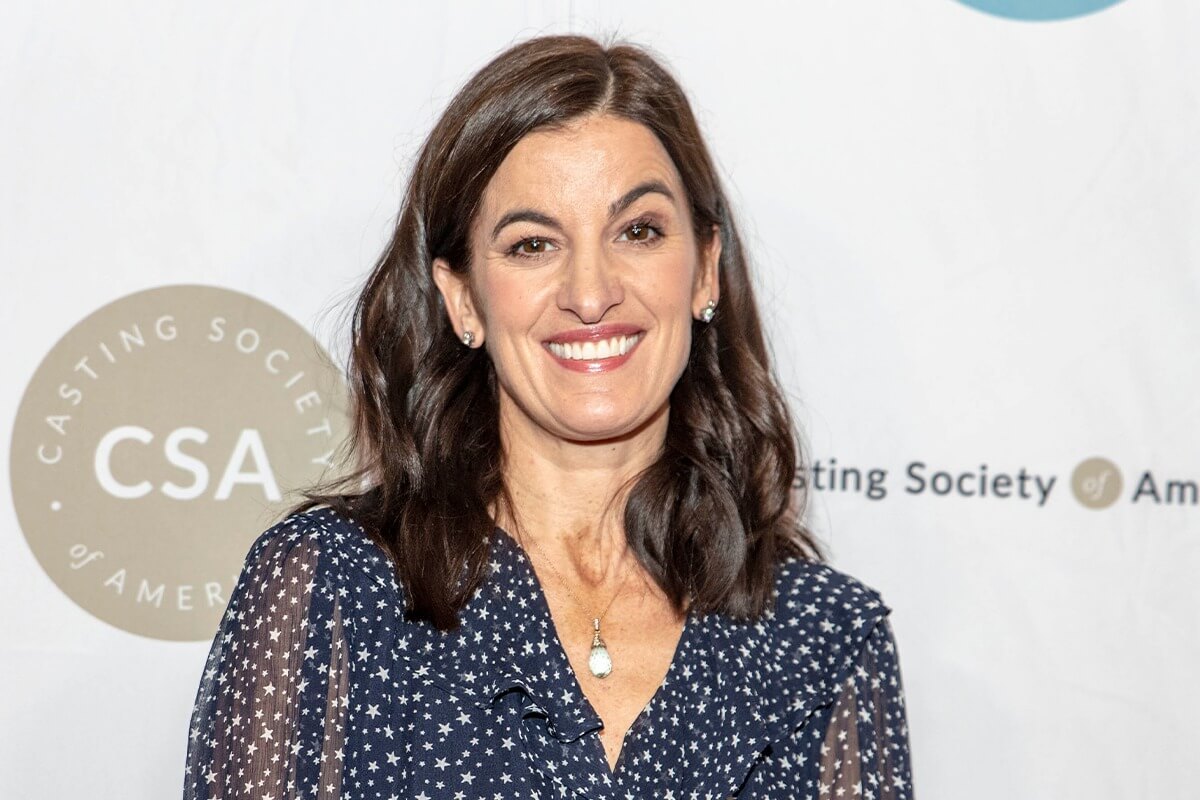
Acclaimed casting director Lucy Bevan boasts a long and impressive resume which includes casting for Beauty and the Beast, Cruella, The Batman and most recently the blockbuster juggernaut Barbie.
Based in London, she selects talent for British independent films, theater and television as well as American studio films. Her early work includes the British comedy film St. Trinian’s in which she cast Gemma Arterton, Paloma Faith, Russell Brand and Lilly Cole in their first feature roles.
Among her other casting treasures is Tom Hiddleston who she placed in his first feature, Unrelated. Of course, Hiddleston is now known by so many as the dark trickster, Loki. “There was just a fantastic confidence about him,” Bevan said.
When reflecting on what qualities she notices in the actors who “make it,” she says. “An important thing is that there is something of themselves that shines out. Often you go to drama schools and you see people doing a version of Judy Dench or Jim Broadbent or Kenneth Branagh, but my attention is grabbed by the people who just have a really strong sense of themselves. When there’s something unique about them and you can really see that coming out.”
In an interview with MixKnowledgy, when asked about what actors might want to avoid in an audition room, she said that the skills involved in acting mastery are distinctly different from auditioning skills. “That’s another set of skills that I think is as important to learn because, in order to be brilliant at your job once you’ve got a part, you’ve got to get the part in the first place.”
Here are several other audition tips she mentioned.
Come in cleanly; leave cleanly
First thing first: show up on time. Sometimes traveling across town to the audition doesn’t go as smoothly as planned. In such instances, she suggests that actors avoid making excuses.
“If you happen to be late because something went wrong or there was a traffic nightmare or whatever, I don’t want to hear about it. Leave all of that stuff out the door,” Bevan said. “So for a start, I wouldn’t even know if someone was late sometimes because I didn’t do the scheduling; my assistant does it. And an actor will come in and be, ‘I’m so sorry,’ and, ‘Oh my goodness, traffic was this or that’ –and I’m already bored. I don’t want to hear about it. You know, I’ve been seeing actors all day, I’m busy, I want to work, I want to get to the point…Be disciplined. Come in cleanly; leave cleanly.”
Bevan is also a firm believer in not trying to prolong the audition in any way. “When it’s over, it’s time to go, thank you very much, shake your hand, off you go … leave all your suitcases and your bags and your cups of coffee, leave that all downstairs or somewhere else or outside.”
The most important thing for her to know during an audition
Regarding the audition performance, Bevan says actors should be well-prepared with their scenes and ready to take notes and make adjustments.
“So, you read the scene with me and I think it’s good,” she said. “But what I want to know for this actor is: Can they take direction? It’s the most important thing for me to know.”
Actors shouldn’t doubt their performance if the casting director asks them to try the material differently. Instead, they can demonstrate versatility.
Keep small parts real
Bevan notices that small speaking roles, which might seem simple, can present an unexpected challenge for trained actors.
“So often when you’ve put your three years of training into this one short scene, I think small parts are very difficult to audition because it’s so easy to do too much with a small amount of dialogue,” she said. “And just remember … when you’re reading the scene, listen and respond. In other words, if I’m reading them with you, listen to the dialogue with the other person, and then respond so that you keep it real.”
Bevan’s career path was largely driven by her eagerness to put herself out there, roll up her sleeves, listen to the casting legends whom she assisted and take risks. In turn, she encourages aspiring actors to also be proactive.
“Don’t wait for someone to come and give you permission,” she said.
Actors can take matters into their own hands by setting up their own theater company, making short films with friends and getting involved with theater. As Bevan says, “Work begets more work. Just crack on. Then opportunities will come your way.”
Want to get your acting career started? Sign up or login to Casting Frontier and start auditioning today!
You may also like:




